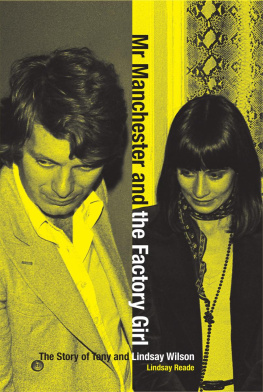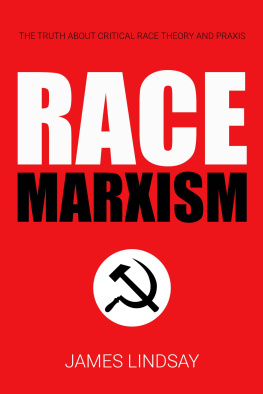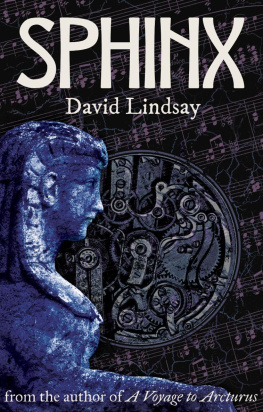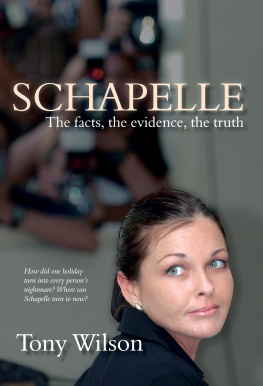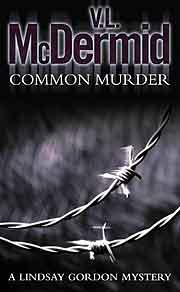T his is not a book about a record label; nor spotlight on a musical scene, a city or an era. It is also, and most resolutely, not some quick-fire celebrity biography aimed at making the most of one mans enduring legacy. In fact, it is not a biography at all and, frankly, the late Tony Wilsons celebrity status does not sit easily within the crass framework of 2010.
It is a love story, albeit one set in a broad and colourful cultural context. Its a culture that is recognisable to many and here it serves to illuminate the heart of the story... and yes, it is a story with a big heart. Although it centres on a three-decade relationship between two people it is, of course, more complex than that might sound. It is the pleasures and pains of two tangled lives... and of many lives beyond.
It is also a book that has grown organically during the best part of a decade. I feel qualified to claim this, having enjoyed a close friendship with Lindsay Reade throughout this period. During this time, Lindsay and I co-authored Torn Apart: The Life of Ian Curtis. Researching that project proved to be an emotive process and, through that, a curious thing happened. The book sent Lindsay spinning through her own back pages; as a woman working within the heart of the male-dominated music industry, at Factory Records, as co-manager of the Stone Roses and beyond, flickering between the music business and, well, normal life.
It was partly because of Lindsays background, and partly, I strongly sense, because of her infectious personality, that she discovered a niche. She loved conducting those interviews, drawing out aspects of their lives and her own life. It was partly because of this process, perhaps, that any distance that had developed between herself and Tony also appeared to diminish. Although it was unknown at the time, Tony was also moving towards his tragic and untimely demise. Poignancy seemed to hang in the air during the final years and months of his inspiring life. Tragic as it was, it all fell naturally into a story, this story.
And Tony always loved a story. I was also convinced that Lindsay was the only person who could truly write it. I knew that she would.
Of course, so much has happened during the past decade and much of it has been warped into myth and, in some areas, into self-serving anecdote be it in films, documentaries, books, elongated magazine articles, radio shows, and the continuing innovative allure of the city of Manchester. That story continues.
For Lindsay and Tony, elements of their story had already surfaced in filmic form as the basis of the first half of Michael Winterbottoms fast-paced 24 Hour Party People. It was fun, though hardly illuminating, and the notion that Tony and Lindsays relationship was all sexual spark and fiery banter did seem rather simplistic. The truth is more complex, and often more painful and, I know, it was not easy for Lindsay to relive it all for the purposes of writing this book.
It only recently dawned on me that, while I knew Tony and Lindsay separately, I never really knew them together.
Well, I do now.
Whats more, through this unique telling, I have learned far more about the past thirty years in Manchester than I have from any of the elevated tomes and articles that have surfaced on that subject in recent times.
Mick Middles
How much so ever I valued him I now wish I had valued him more.
Dr Samuel Johnson
The life of every man is a diary in which he means to write one story and writes another.
J. M. Barrie
I miss him so much it does my head in some days. He was the enthusiasm fuel.
Elliot Rashman
I t is 11:33pm on Tuesday, 17 July 2007, and Im watching the movie HideousKinky on TV. I have bitten a thumbnail off because Tony promised to ring me this evening with the results of his CAT scan. It is now one and a half hours after the time he usually goes to sleep these days and, though Ive given up hope hell call now, Im still desperate to learn whats happened.
The phone rings.
Im in hospital darling.
Christ, I think, its even worse than I thought, but he sounds cheery.
Its good news, he continues.
Im incredulous.
Ive got a clot on my lung.
Im even more incredulous. Im still waiting for the good news but Tony is already celebrating.
Ive been feeling weaker and weaker these last ten days.
This is news to me.
Those last few steps walking up the Opera House completely wiped me out.
Id guessed this.
But its good news because now I know why.
Im speechless. How many people can you think of who would be happy theyve got a clot on their lung?
Its all good.
Somehow he manages to convince me to feel relieved and he continued to make me feel that way, to say things were all good, until he died twenty-four days later.
That was Tony Wilson for you indomitably cheerful, optimistic and enthusiastic. Always.
The night at the Manchester Opera House was three days before that phone call, on 14 July. It was a surprise outing for Tony in order for him to hear a small segment of the set performed in a group show called Il Tempo del Postino, which was part of the last weekend of the Manchester International Festival. Tony had told me it had something to do with art and that, whatever it was, it had moved Factory Records designer Peter Saville to tears. A car came to collect the two of us, together with Tonys son Oliver, from Tonys loft apartment and waited outside the theatre after wed arrived, since Tony planned to be present for only ten minutes.
Unfortunately there was no lift and Tony had to walk down the stairs into the theatre and back up again. It was only a few minutes, maybe twenty at the most, but it seemed frustratingly protracted to me. Sitting beside him, I could sense how difficult it was for Tony to wait, but we were eventually rewarded with Douglas Gordons beautiful portrayal of Joy Divisions Love Will Tear Us Apart, rendered for several captivating minutes by a female vocalist; a haunting, disembodied voice from the darkness. The singer wasnt visible, unlike Tonys tears in the car afterwards. This was to be our last outing together.
Early in June 2007 Tony and I had gone out for dinner on a Saturday night, something that had become a regular occurrence by then. Although I offered to drop him outside the restaurant, he said he wanted to walk from where we had parked the car just off Manchesters King Street over to Piccolinos near Albert Square. It was odd that such a simple act as this short walk could seem so magical when Tonys failing health later precluded walking altogether. His voice was clear that night and he seemed to want to talk about his ancestral background. It occurred to me that he might be telling me this for his children (in case they didnt know or might forget), or for posterity. I rather wished I had a notepad or tape recorder but I lacked both. This is what I recall him telling me.
Tonys grandfather, Mr Knupfer, came to Salford from Freiberg in Germany after a short spell in New York, which he had decided was too far away from home. Settling in Salford, he became apprenticed to a watchmaker on Regent Road. When his employer later died he managed to scrape together just enough to buy the business. He had three children by his first wife. One day Karl, the eldest boy, was playing with the youngest in the back yard when the latter fell from a wall and died.
Following the death of his first wife, Mr Knupfer remarried and his second wife gave birth to Tonys mother, Doris, and her brother Edgar. The two siblings remained unusually close from beginning to end. (This pattern seems to have been repeated with Tonys two children and Doriss grandchildren, Oliver and Isabel, who are also extremely close.) Mr Knupfers second wife died young, when Doris was eight, and he married a third time, fathering Tonys uncle John.

